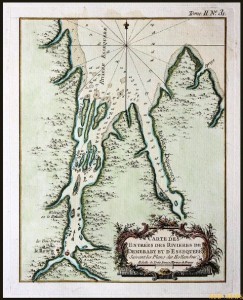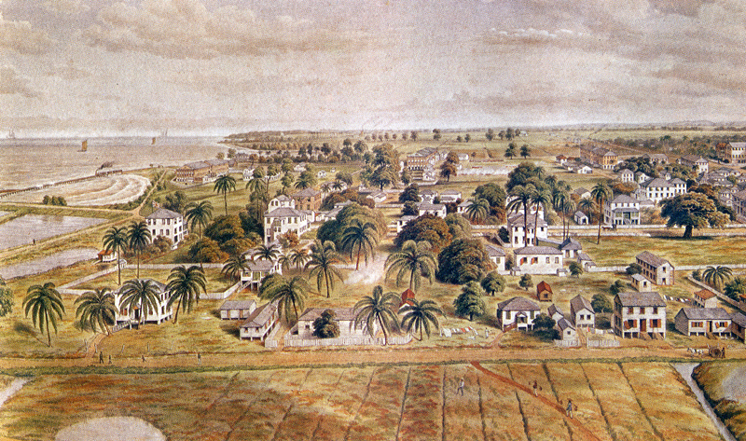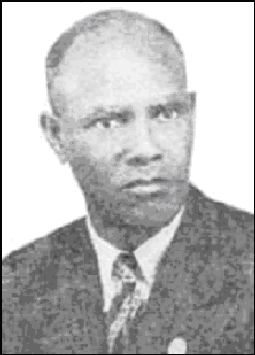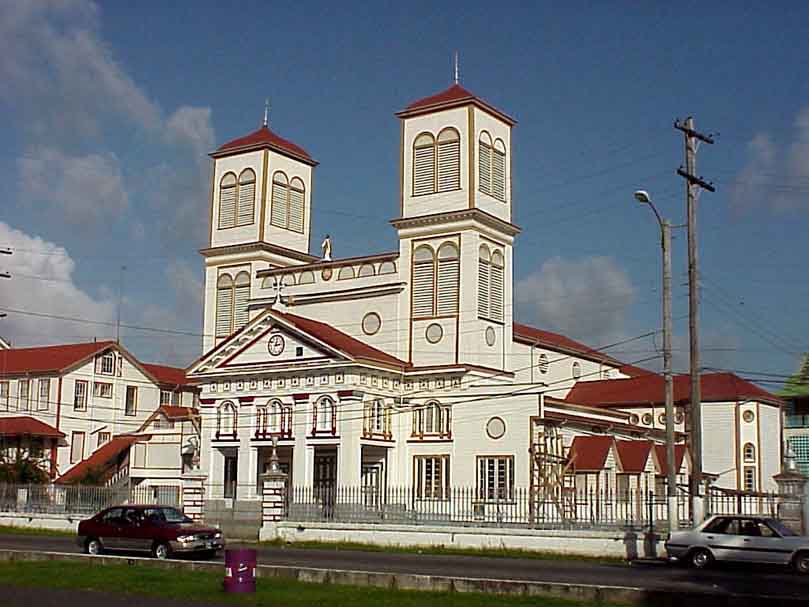As early as 1580, certain Dutch traders established a settlement on the eastern bank of the Pomeroon River; and even in the first year after its formation, this settlement was recognised by the home government.
A Dutch population gradually spread along the banks of this river and long flourished, though never developing a colony with a distinct government.
At a considerably later period…between 1650-1660, a vain attempt to give new vitality to the settlements on the Pomeroon was made, by building the two towns of New Zealand and New Middleburg.




